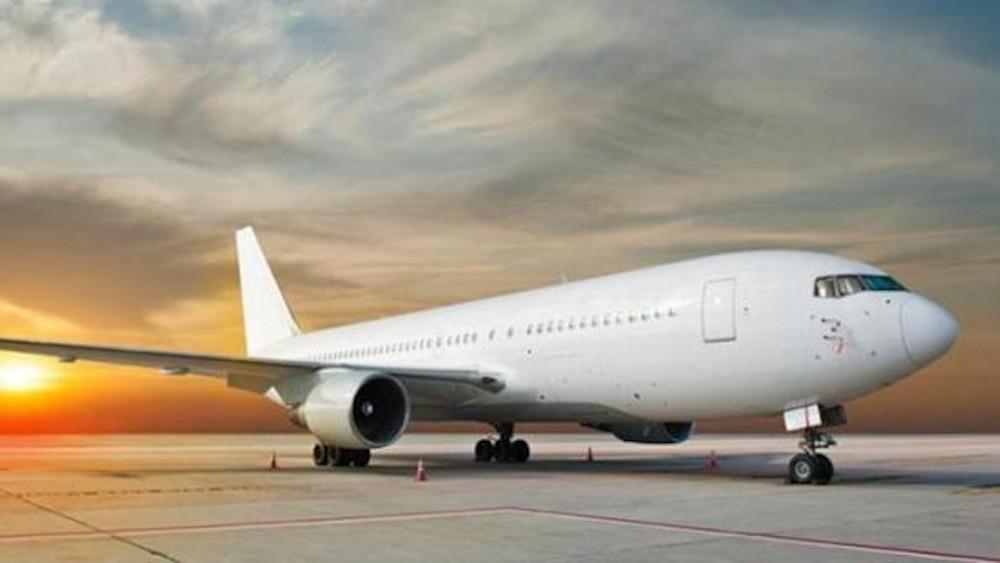
One objection to blockchain for MRO and other aftermarket purposes is that it requires scale and wide participation to become really useful, and that there is little chance at present of all elements in the supply chain signing up to a common platform for, say, parts records.
Yet all new technologies have to start somewhere, and the outlook for early adopters might be brighter than some suspect.
“Simply put, the data does not have to be 100% populated – or even 5% – for early adopters to gain value from a blockchain-based solution,” says PwC partner Rachel Sealy in an interview with Inside MRO.
She gives the example of an MRO that repairs a part without loading the repair event on to the blockchain.
Later, though, the part is installed by an airline that is party to the ledger, which records that event as a link in the chain as well as any missing history.
“Blockchain ledgers are self-healing in that if a part record gets updated a day, a week or even a month later, that ‘dark’ portion of its history is now ‘enlightened’.”
It will be an immense logistical effort to digitize all parts records and transfer them onto a blockchain, but Sealy also points out that not all components would need to undergo this process.
“A plane, depending on the platform, may have upwards of 500,000 parts of which maybe 5,000 are of interest to carriers,” she says.
There are currently a range of embryonic blockchain products on offer from establish aviation players and smaller IT companies, a situation that is probably unsustainable in the long term.
Instead, consolidation will prove necessary, but there may still be value in variety for the time being if the different blockchains can talk to each other
“The technology platforms underlying distributed ledgers are still immature and hence quite fluid, and the major platforms are working with one another to facilitate automated data transfer between different ledgers,” observes Peter McBurney, head of technology consulting, Europe, Middle East and Asia for law firm Norton Rose Fulbright.
To find out more about the benefits and missteps of blockchain’s early development in aviation, see the forthcoming Inside MRO.





